
4 minute read
Cacti and Succulents
Part Two:
Succulents Cacti E
Advertisement
Spikey, pointy, stabby, and, sometimes, fuzzy. These guys like to soak up the sun but DO NOT like hydration. Don’t take from their example.
Aloe Vera aloe vera
Rat Tail Cactus aporocactus flagelliformis
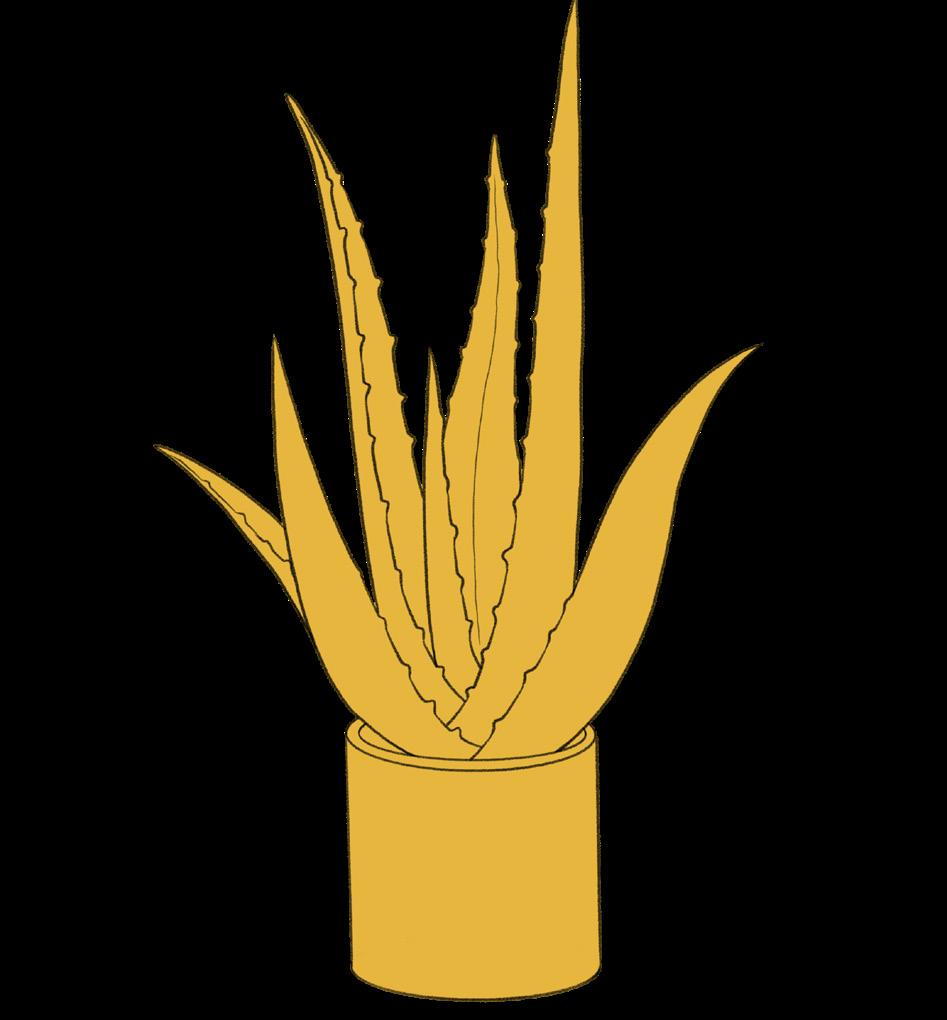
Long, sharp leaves. Kinda squishy cuz of all the gel on the inside. Theoretically, you could cut open a leaf and spread it’s insides on your sun burn, but then you’d end up with a messed up looking aloe.
Care Tips: Propagation by removal of pups. Likes its air dry. Don’t squish the leaves too hard or you’ll poke through them.
I desperately searched for a different common name for this cactus, but I couldn’t find one. Rat Tail Cactus is so unappealing for such a cute cactus. The stems of this cactus are long and draping and look great in a hanging planter. Flowers are bright pink and pop up in the spring.


Care Tips: Once the flower buds start to pop up, avoid moving the cactus at all so the buds won’t droop.
Hairy Cereus cereus azureus
Jade Plant crassula ovata
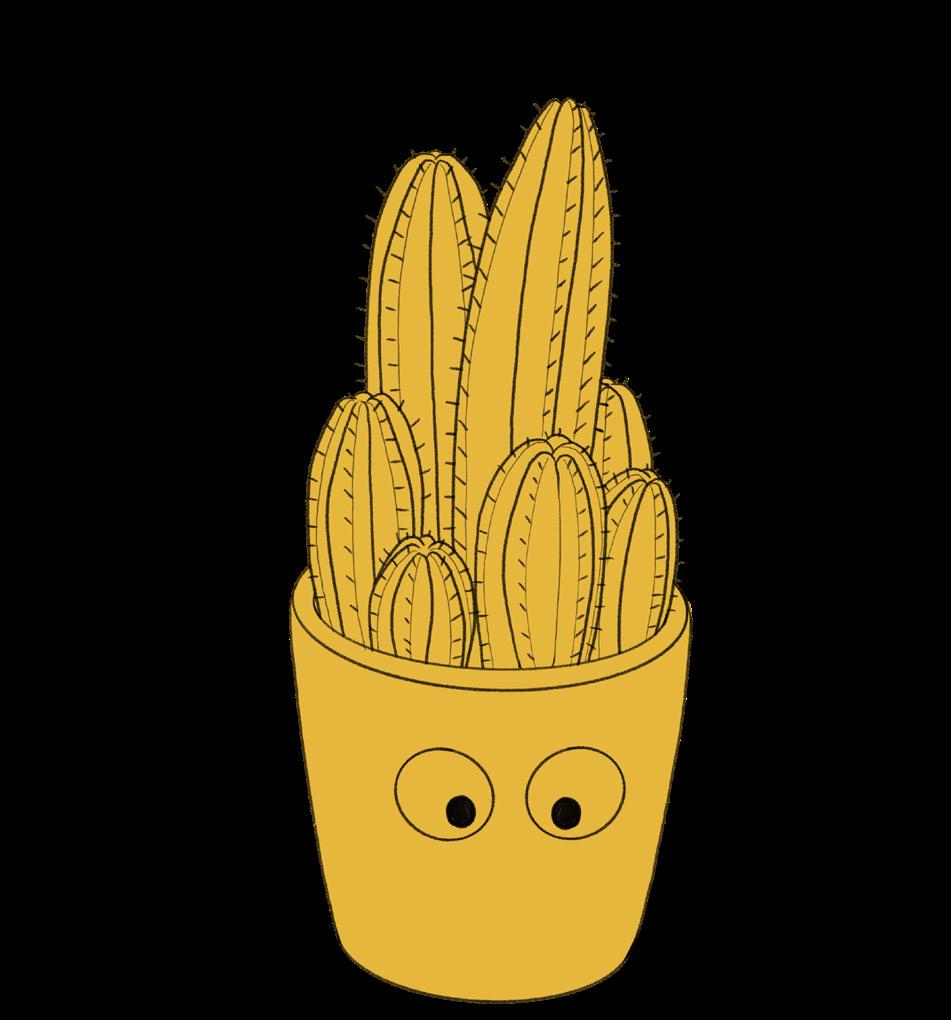
Straight stalks that lean more blueish than green. Its spines are long and PAINFUL. But it’s a cute, picture perfect cactus besides that.
Care Tips: When repotting, wrap in several layers of paper towel, or a thick cloth to make transferring easier. You can use this method for most cacti. .
Thick, glossy leaves that look like paddles. As it grows bigger, it will develop a trunk-like look at its base and looks like a funky little tree.

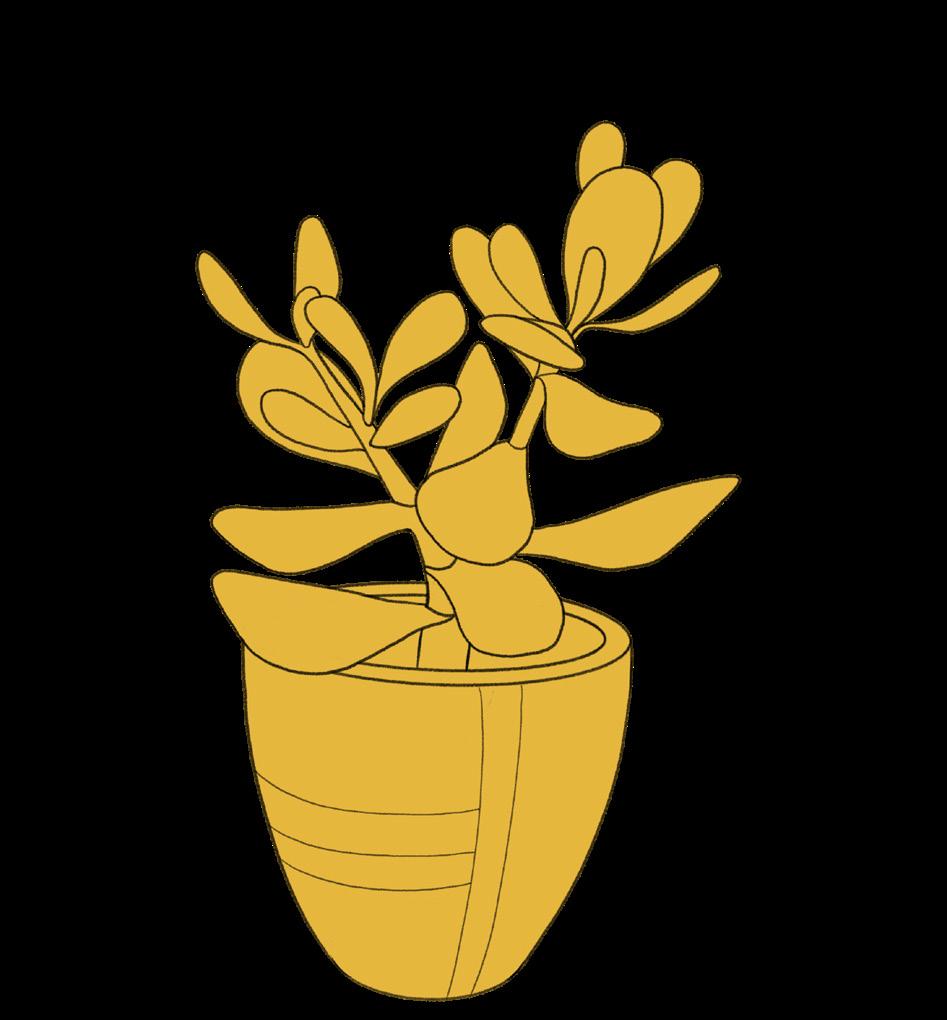
Care Tips: A very resilient plant, it bounces back from poor care quickly. Propagation by leaf removal.
Mexican Gem echeveria elegans
Hedgehog Cactus echinopsis
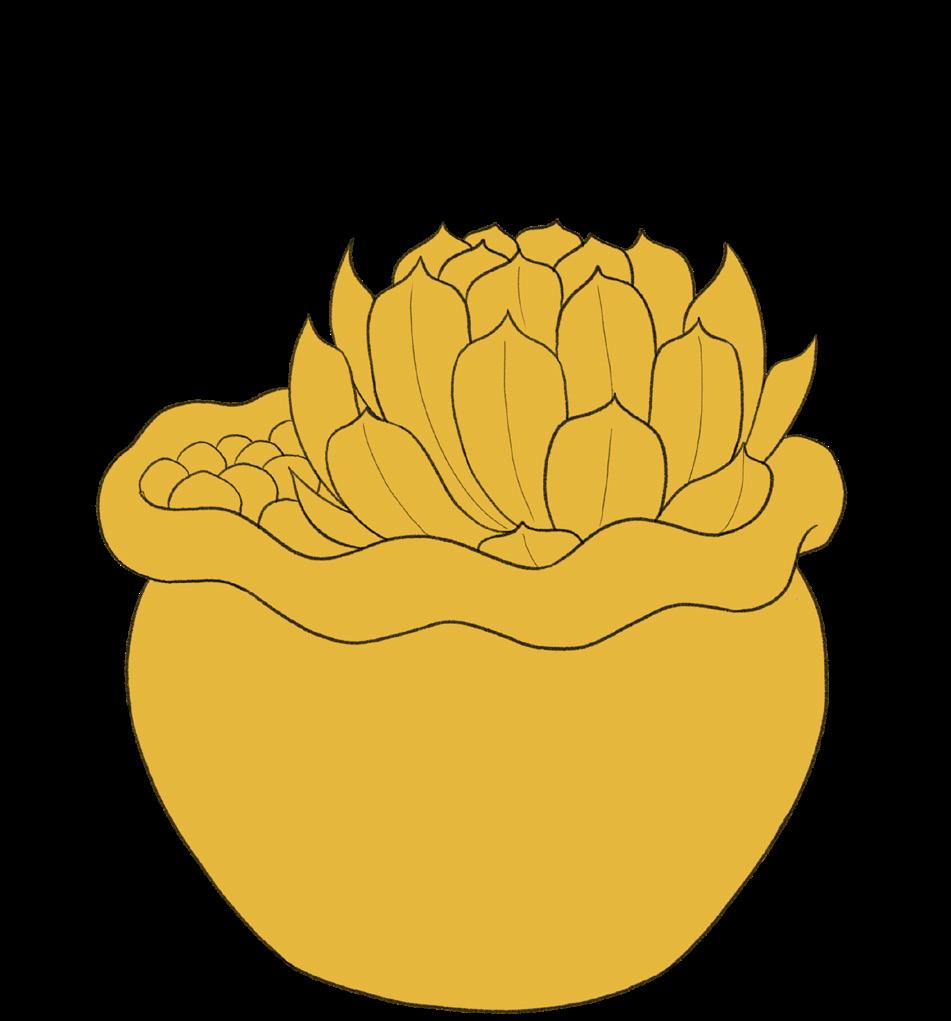
The most classic succulent! The plant grows in a rosette form and are light blue, but there are numerous variations that come in a range of colors.
Care Tips: Watch out for legginess, nothing is sadder than when a succulent starts to stretch out. Keep an eye on shriveling leaves for signs of when to water. A spherical cactus with hard spines. A simple, cute, cactus. They all do start to look the same after awhile.

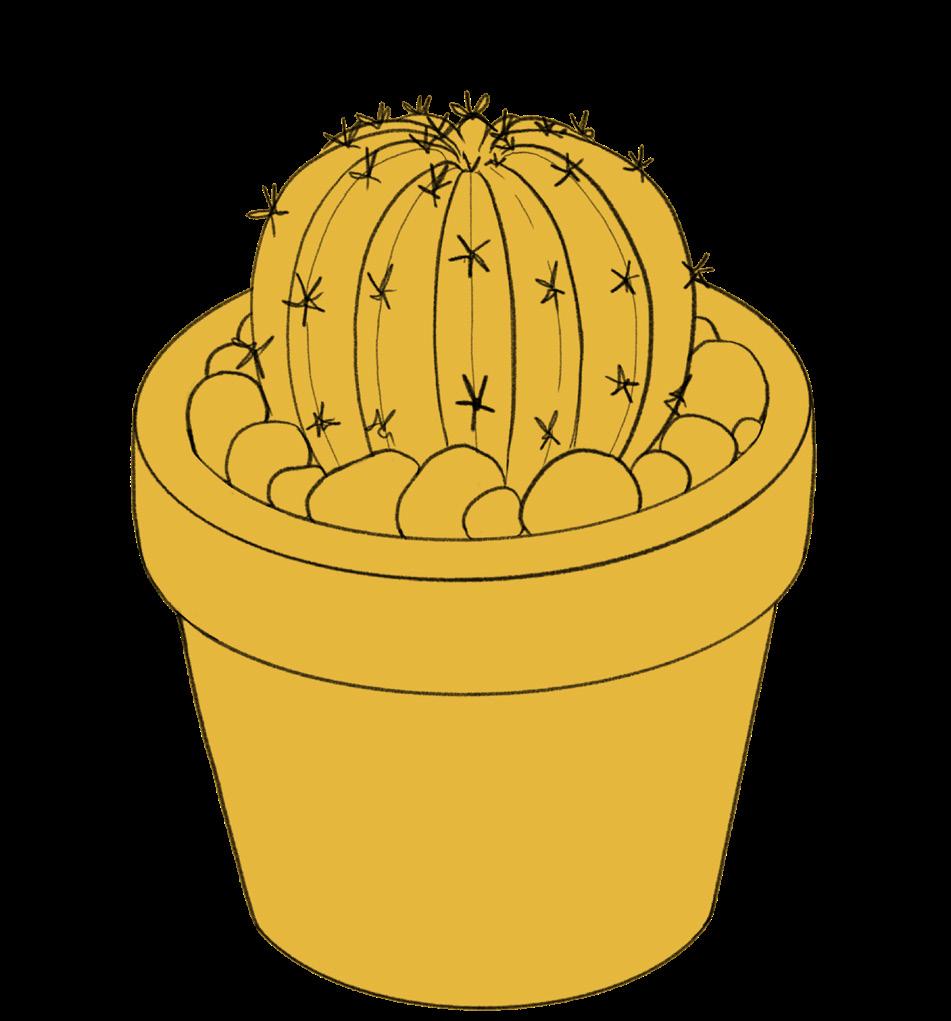
Care Tips: These guys can flower in mid-summer when they get more direct sun.
Chin Cactus gymnocalycium nova
Window Succulent haworthia retusa
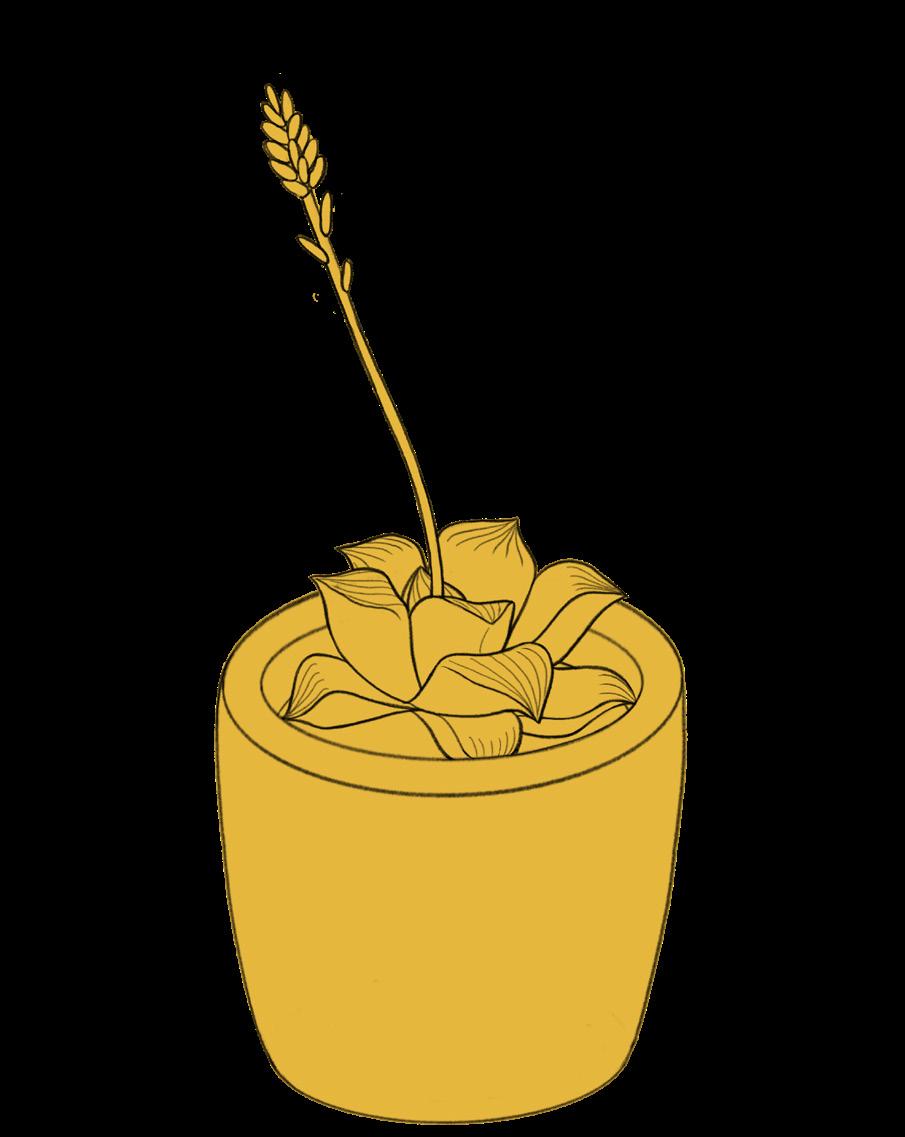

This cactus is really funky looking, kinda like a brain with terrifying long spikes.
Care Tips: It’s a cactus, take care of it like a cactus. Wish I could say more about this little guy but cacti are pretty straight forward! Very thick, hard leaves that almost look clear on top. Light green in color. This succulent will put off flower spikes in the summer that can grow to be super long. It looks pretty funny.

Care Tips: If you try to squish the leaves and they give a little bit, that a sign they need to be watered.
Living Stone Plant lithops pseudotruncatella
Bunny Ear Cactus opuntia microdasys
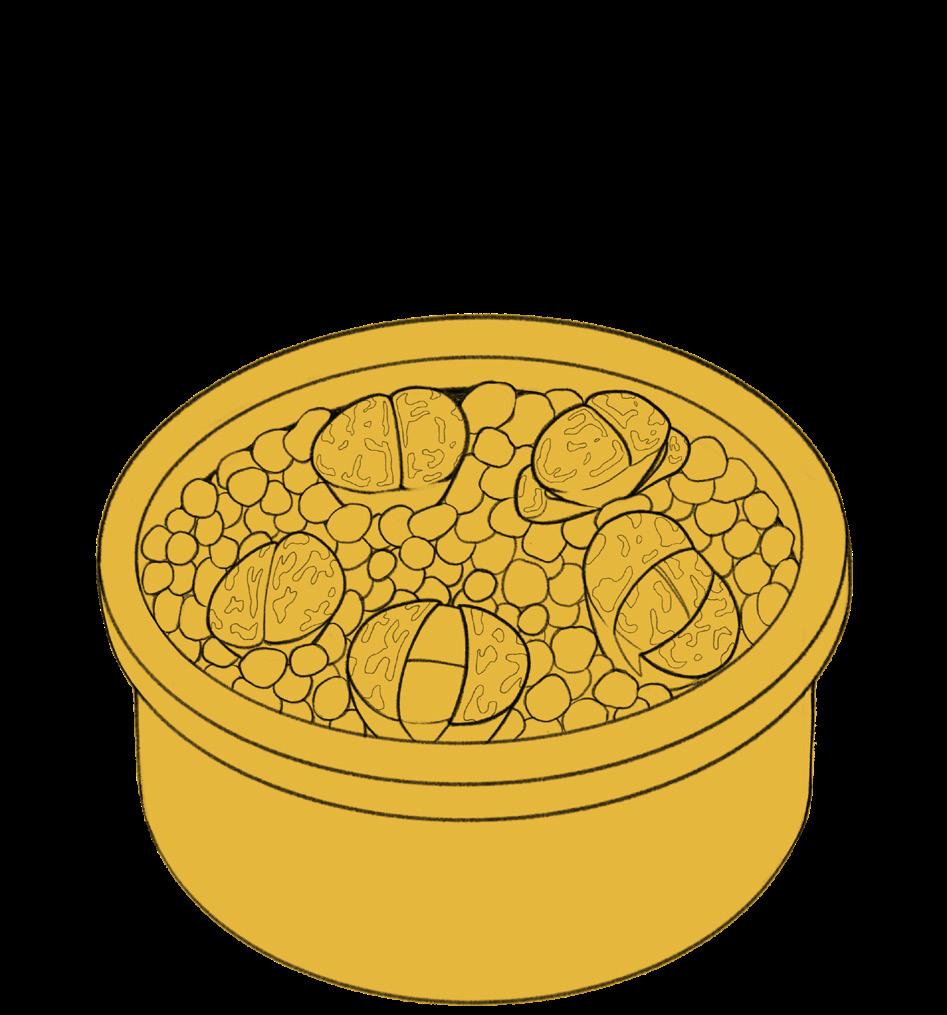
True to its name, this plant looks like a bunch of rocks. Or, funny little brains. Or, ogre toes. On a yearly basis, lithops will split and shed their old leaves to reveal two more leaves that have grown inside.
Care Tips: DO NOT WATER once the plant starts to split. This helps the old leaves die off quicker. Can stretch out if it doesn’t get enough sunlight This cactus has paddle-like segments that give it a unique look. The spines are short and can easily irritate the skin.


Care Tips: This plant needs different watering schedules for different times of the year. Keep soil on the moister side during the summer, and barely water during the winter
Burro's Tail sedum morganianum
String of Pearls senecio rowleyanus

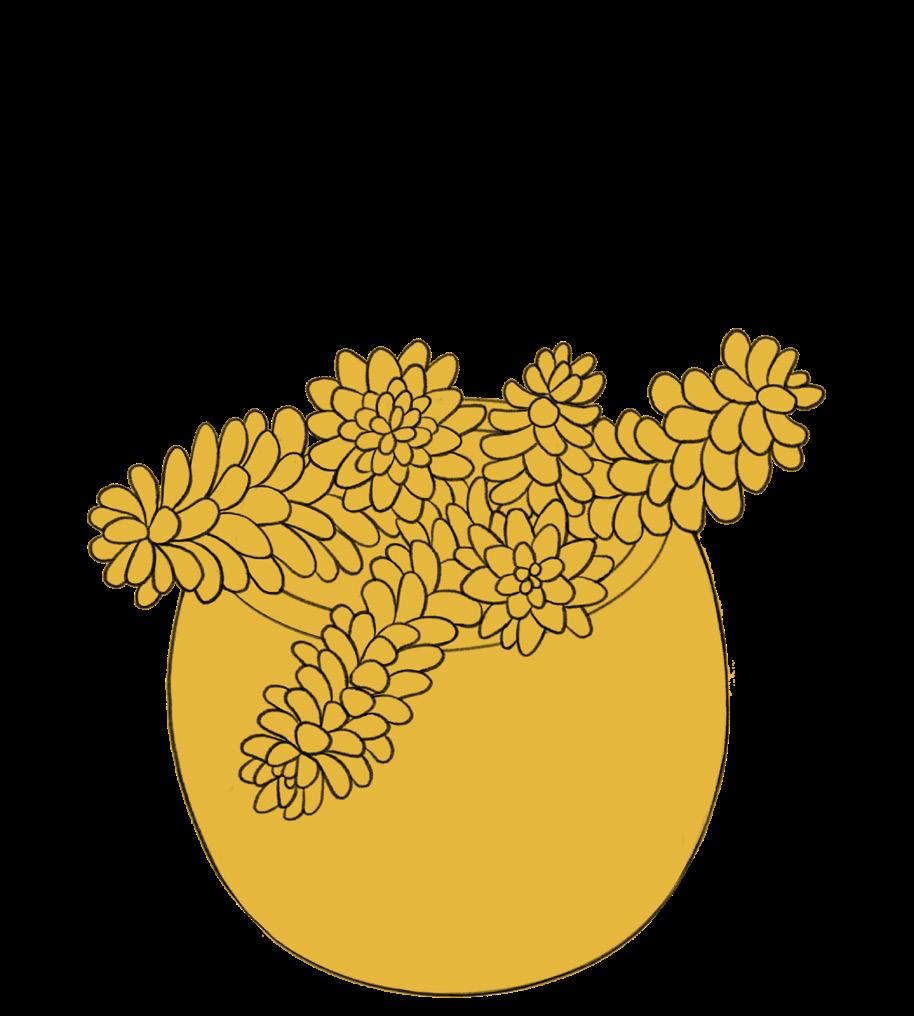
Long bundles of short leaves. Will dangle out of whatever you plant it in. Typical light blue succulent color.
Care Tips: Same as a regular succulent, this one just dangles. String of Pearls is the prettier name, you can also call this one a String of Peas. A succulent that has long stems with little balls that grow on it. A very pretty dainty plant or a plant you compulsively want to squish. Please do not squish.

Care Tips: When the stems of this plant grow really long, transfer to a new pot and lay all the stems flat on the soil so they can grow roots and continue to grow larger.











